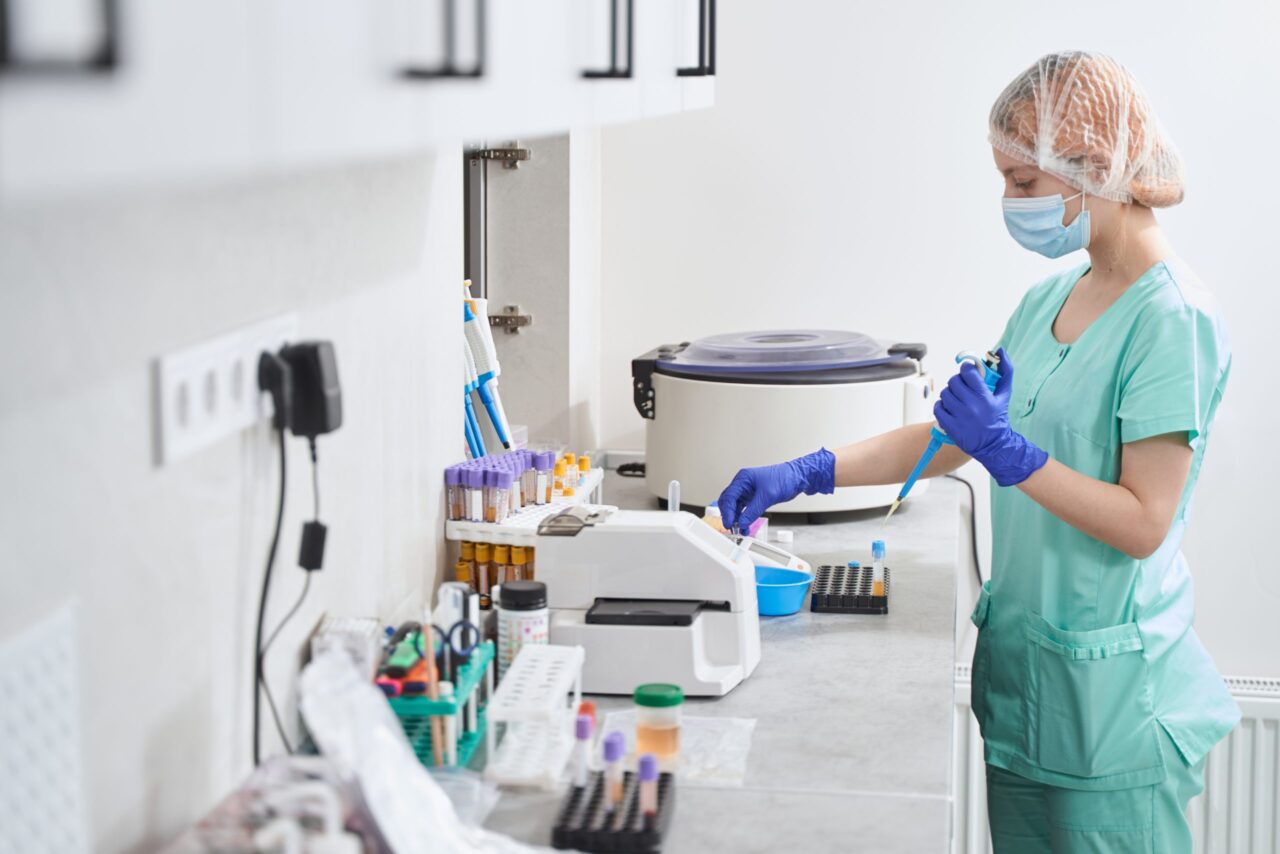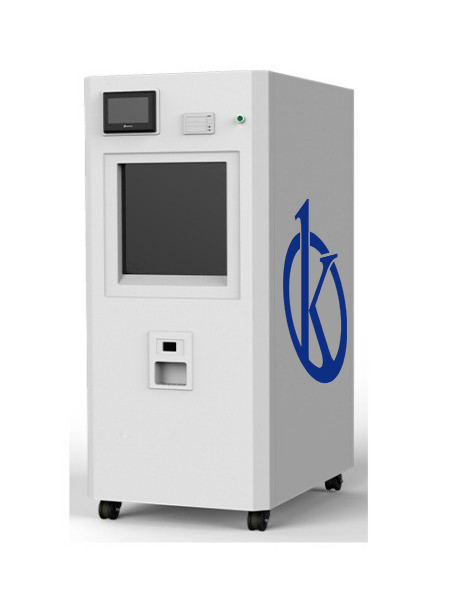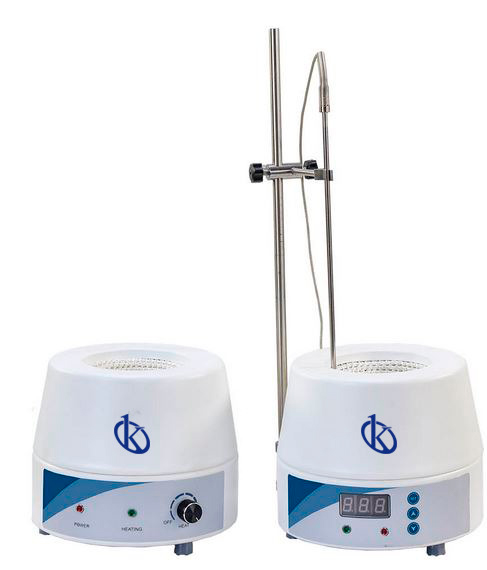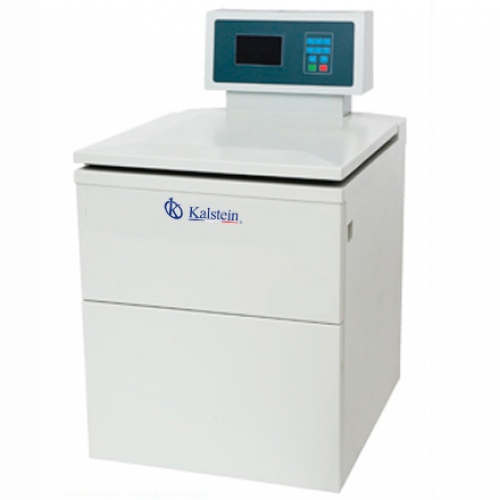Clinical testing is a critical process in healthcare studies, playing a vital role in immunology laboratories. These laboratories are dedicated to the study and analysis of the body’s immune responses to disease. Immunology is a branch of medicine that studies the immune system in depth, and within its functions, performs clinical tests to determine its status and level of functioning.
Clinical tests provide the empirical evidence immunologists need to understand how the immune system responds to diseases such as tonsillitis, HIV and cancer. Adequate and timely diagnosis is essential for treatment and for making fundamental medical decisions – and this is where clinical trials play a vital role.
Process and Diversity of Clinical Tests in Immunology Laboratories
Clinical testing involves blood draws, often in conjunction with other samples such as saliva or tissue, and the subsequent use of specialized equipment to analyze these samples. There are a variety of tests ranging from immune cell counts to immune function tests. Immunohistochemistry, for example, uses antibodies to detect specific pathogens in tissue samples.
Flow cytometry, on the other hand, sorts and categorizes cells according to their specific characteristics. This process is supported by a range of advanced equipment and technologies that enable rapid and accurate assessment. These equipment, some of which are high-tech microscopes, blood analyzers, extraction equipment, etc., help ensure that the results are accurate and reliable.
The Impact and Importance of Clinical Testing in Immunology Laboratories
Clinical testing and immunology laboratories together invoke a revolution in healthcare. Testing provides clinicians with valuable information to identify diseases, understand their severity, and implement corresponding treatments. Advances in clinical testing significantly improve the effectiveness and efficiency of disease diagnosis and treatment.
By providing an accurate diagnosis, these tests reduce the likelihood of erroneous treatment, which can lead to medical complications. In addition, it is possible to track the effectiveness of a treatment over time and adjust the plan of care as needed, leading to individualized and improved care for each patient.
The future is now
In conclusion, the importance of clinical testing in immunology laboratories cannot be understated. In addition to helping us understand how our immune system works, these tests play a crucial role in the detection and treatment of various diseases. With the constant advancement in laboratory equipment technology, we can expect greater accuracy in results and better outcomes for patients in the future.
We at Kalstein open a new universe where you will find a place with the latest technological and scientific advances, we present the 3D platform, here you will find infinite manufacturers and distributors of laboratory equipment regardless of type, you can design your profile and be in contact with every corner of the world, we offer unparalleled advantages in over 10 languages and have your own laboratory in 3D, buy, sell or rent equipment for laboratories or medical, learn more HERE




